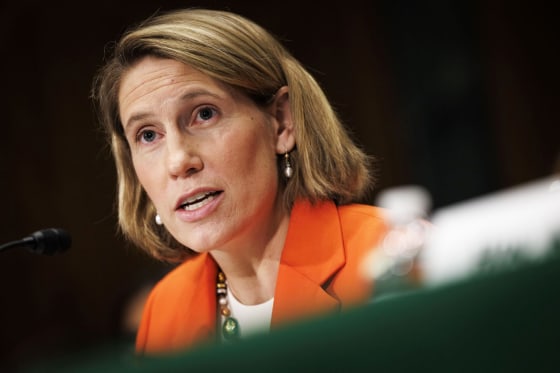John Thune and the Senate Crypto Bill: What You Need to Know

Cryptocurrency has rapidly become a major topic in American politics. At the center of the latest Senate debate stands Senator John Thune, a key Republican leader intent on steering the country’s approach to digital currency regulation. As the push for clear rules intensifies, Thune's leadership could determine the Senate's next move on stablecoins and broader crypto oversight.
The Senate’s Stablecoin Showdown
Recently, the Senate was embroiled in heated discussions over the GENIUS Act, a bill proposing new regulations for stablecoins—digital assets tied to traditional currencies like the US dollar. As Senate Majority Leader, John Thune pressed for a key vote to advance the bill. Thune argued that further delays risked holding back innovation and leaving the financial system in a regulatory gray zone. He maintained his position even as Democrats sought more time to review the legislation and ensure it included strong protections for the public.
Despite some bipartisan agreement on the need for regulation, the bill stalled. Senate Democrats wanted changes related to anti-money laundering controls and the prevention of potential conflicts, particularly those involving President Trump's crypto interests. Thune, however, insisted the Senate move ahead, pointing to multiple rounds of negotiation already completed.
Why the Debate Matters
Stablecoins are becoming integral to the modern digital economy, providing companies and consumers with new ways to transfer value. But as detailed in this NBC News article, these tokens operate in a legal gray zone. Supporters see them as "digital dollars." Critics warn about risks ranging from lack of insurance to the potential for financial fraud.
If the GENIUS Act or similar legislation passes, issuers of stablecoins will need to meet safety standards, maintain reserves, and protect consumers much as banks do. Yet questions remain about whether the current proposals go far enough.
John Thune’s Approach
Throughout the process, John Thune has stressed the importance of openness, inviting Senators to keep negotiating even after the bill moved to the floor. He believes robust debate strengthens the outcome, but he also wants to avoid endless delays. After the most recent procedural vote failed, Thune expressed frustration, noting the number of concessions already made to address Democrats’ concerns. He signaled readiness to bring the bill up again once negotiations are complete, a stance highlighted in CNN’s recent coverage.
Thune’s pragmatic but firm leadership style could set the tone for future bipartisan deals on digital currency. By keeping the discussion active and holding both sides accountable, he is helping shape a regulatory framework that affects not only the tech sector but also everyday American consumers.
Next Steps for US Crypto Regulation
With negotiations ongoing, the debate over stablecoins and digital asset oversight is far from over. Lawmakers across the aisle agree that some regulation is crucial but also recognize the need for careful planning. John Thune’s role remains pivotal, as he continues to balance innovation and consumer protection.
For those interested in the evolving intersection of technology and public policy, watching Thune’s next moves will be key. The Senate's decisions on cryptocurrency will impact the wider economy, so staying informed is essential.
Want to dive deeper? Read more detailed analysis on the Senate debate and bipartisan negotiations at:
Conclusion
Senator John Thune has emerged as a central figure in America’s cryptocurrency regulatory debate. As lawmakers grapple with rapidly-changing technology, Thune’s leadership ensures that critical conversations continue, bridging parties and priorities. The weeks ahead will reveal whether compromise can forge a path toward effective digital finance regulation.